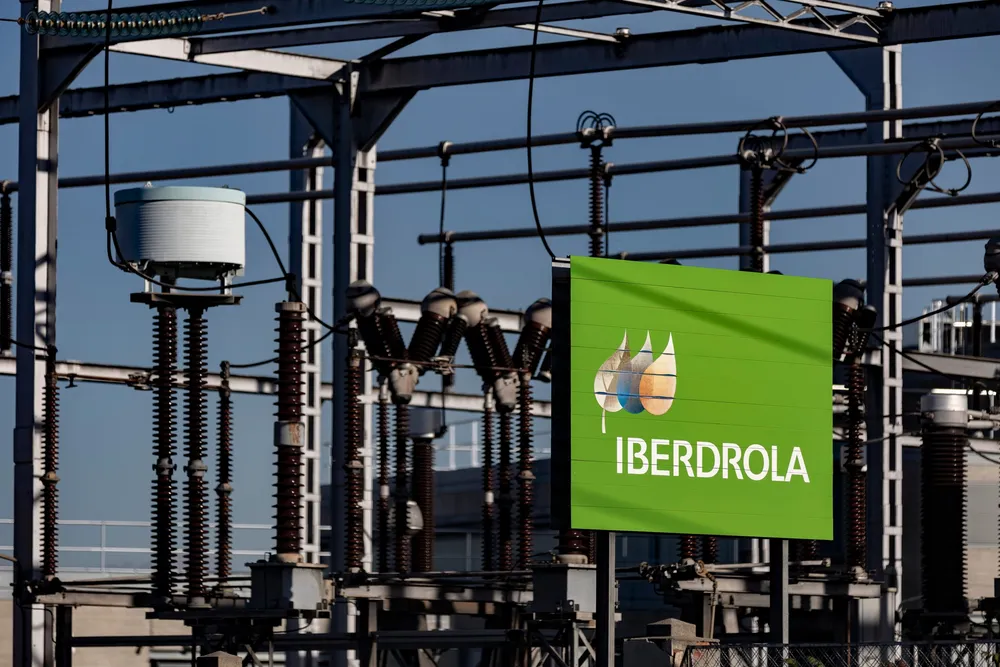This is why wobbly wind projects can’t compete with profits from grids
Electricity can’t just be distributed it also needs to be produced. Iberdrola is losing its enthusiasm for that necessity, lured by the bulging profits in the grids business

As the company has been making more money on grid operations than power production lately, the declared strategy shift is no surprise.
While Iberdrola is still investing €14bn ($16.4bn) in renewable power over the next three years, the company is putting almost three times that amount into networks.
At the same time, Iberdrola expects power demand to grow by an astonishing 50% by 2035.
However, the company would rather distribute than deliver the power to meet that demand.
The three pillars that favour grids and not wind
The reasons are there for all to see, in the company’s four strategic pillars:
Growth: Sure, power production is expected to grow massively. But it pales in comparison to the investments in distribution and transmission, which is expected to grow up to a factor of five in a few years.
Predictability: Grids and distribution are so much more stable businesses than wind power parks or solar installations. Once in operation, a grid will run for many decades under a heavily regulated framework that changes very, very slowly.
Profitability: This is the key. While an entire wind business is struggling to deliver solid numbers over time, be it developers or suppliers, Iberdrola expects the network business to give investors a return of a solid 9.5% per year. That’s a high number, even for a business that last year delivered a double-digit net profit after tax. For three years, Iberdrola’s most profitable activity has been networks, not production.
Security: The company has secured most of the supply chain, which lowers the risk of delays and extra costs. More than 70% of grid investments will be in the UK and US. Trump’s war on wind does not extend to the grid, so it might be a safer bet at the moment.
So, on three of these four issues, grid beats wind and other power production hands down.
There’s only so much to distribute
Grids are not a free-for-all activity. Once you get your foot in the door, you will basically have a monopoly in that area for decades to come. So, the companies that are able to secure contracts now will be in a great position for the rest of this century. Of course, that is very attractive.
But Iberdrola’s further pivot away from renewable production also raises a question: If not Iberdrola, then who?
Grids have one function: To distribute electricity from the producer to the consumer. But, if there’s no one around to invest in production, there’s also a limited amount of goods to transport.
Iberdrola’s investments in new power production are split in two: Three quarters are invested in projects currently being built. Only one quarter is set aside for future projects.
Which seems to suggest that while the Spanish giant sees a once-in-a-century opportunity in grids, it is lukewarm when it comes to production.
And if such a company can’t be bothered about production, it’s surely a warning sign about the state of the wind power industry.
(Copyright)